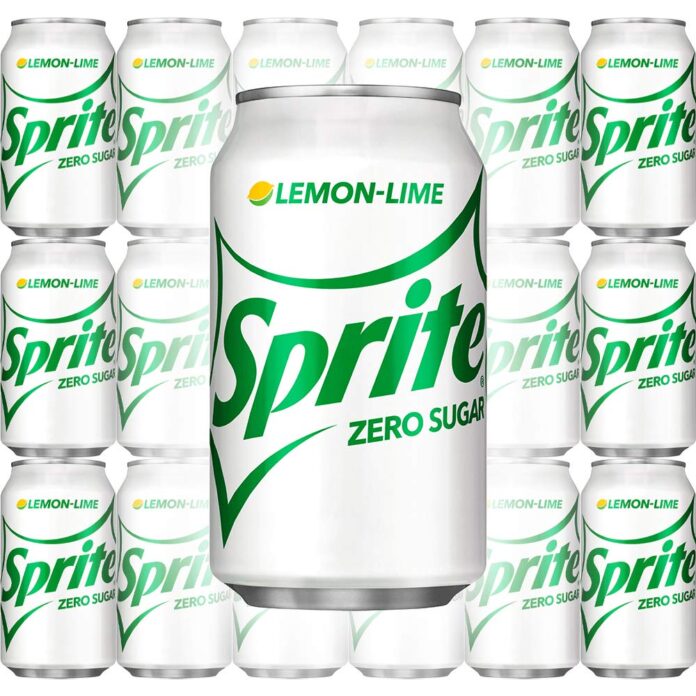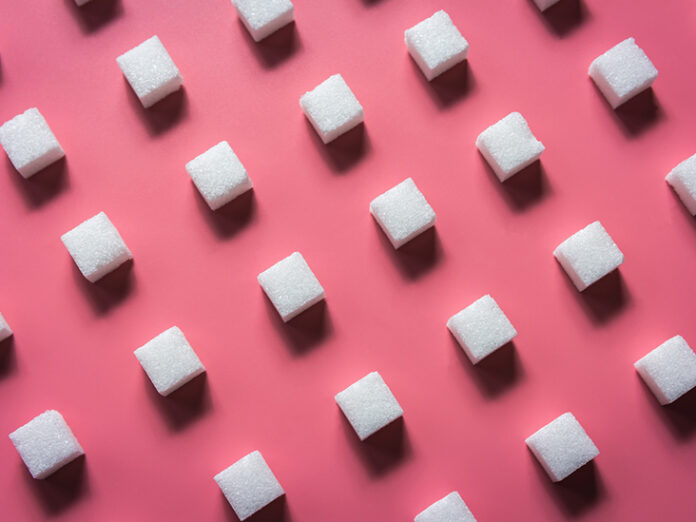Artificial sweeteners are great tools for weight management. They provide a stimulating taste to food and drinks yet do not cause weight gain or have any adverse health effects. This is why artificial sweeteners are often recommended to treat obesity, diabetes, and other metabolic diseases. But, do they really improve health?
Artificial sweeteners are included in a wide range of foods and beverages, not just diet sodas. The most popular sweeteners are those that are used to make diet sodas and low calorie foods, but there are also artificial sweeteners in protein bars, sports drinks, low fat granola bars, yogurt, breads, sugar free chewing gum, and even chewing gum.
Some artificial sweeteners are also used in other products, like cakes, candies, and ice cream. Research studies have found that artificial sweeteners may affect blood sugar levels, but the results are mixed. The human body has an “off” switch for sweetness. So, when we consume sugary foods, our brains recognize the sweetness and trick our bodies into thinking that we’re still hungry.
This is a problem for some people, as they eat more—and gain weight—as a result. That’s why artificial sweeteners, like aspartame and saccharin, are a common dieting tool. Aspartame, the most common sugar substitute, keeps blood sugar levels steady throughout the day, and has been shown to stimulate the release of insulin, which helps to regulate blood sugar. However, aspartame is also known to cause headaches, nausea, and other negative effects.
Using a continuous glucose meter, I began an experiment last week to better understand how various meals and lifestyles influence blood sugar. I’m going to share the findings of my first experiment today: Do artificial sweeteners have an impact on my blood sugar levels?
Despite the fact that the answer is clear – artificial sweeteners do not contain sugar – some individuals still believe there is a connection. Artificial sweeteners may therefore influence insulin levels, which in turn affect blood glucose and ketones indirectly.
Experimentation design

The following experiment was carried out:
I drank 0.5 litres of a sugar-free, artificially sweetened beverage in 15 minutes. I used the Dexcom G5 smartphone app to track my blood sugar for the following two hours.
To improve the experiment’s dependability, I focused on four factors:
1. The lemonade I drink has no caffeine. 2. That I went two hours without eating, drinking, or exercising before and after drinking the lemonade. 3. For at least 30 minutes before I drank the lemonade, my blood sugar was reasonably steady. 4. I’d repeat the same exam at least twice.
The experiment is now ready to begin.
Sprite Zero is a carbonated soft drink

Sprite Zero was my favorite drink for a variety of reasons, including the fact that I sometimes drank it on days when I didn’t consume carbohydrates. It’s a caffeine-free, sugar-free beverage with artificial sweeteners (aspartame and acesulfame potassium). It’s just right.
I took a huge drink from the bottle that I had brought to my lips.
I told my wife, “Ew, that’s so adorable.” However, after only a few swallows, I was really enjoying the beverage. The bottle was emptied within fifteen minutes. My gaze was drawn to the application. What happens if I have a high blood sugar level?
That’s when it all started…
… or not done, as the case may be.
Nothing. My blood sugar stayed nearly constant for the whole two hours (about 8:30 to 10:30), and it was difficult to tell that I had taken anything. I obtained identical findings when I repeated the experiment a few days later.
My blood sugar is unaffected by Sprite Zero
Sprite Zero, which includes the artificial sweeteners aspartame and acesulfame potassium, did not affect my blood sugar to increase or decrease, according to this quick self-test. Although this n=1 experiment does not prove anything, I believe most individuals would obtain similar findings.
It’s conceivable that different individuals respond differently to Sprite Zero, despite our experience and this self-experiment suggesting otherwise. I am 36 years old, insulin sensitive, weigh 152 pounds, exercise 10-15 minutes five times a week, and am neither fat or diabetes.
A comparable drink (Pepsi Max) had no impact on blood sugar levels in a 2012 study, but had a surprise effect on ketone levels. We don’t suggest eating artificial sweeteners, regardless of how they impact your blood sugar. Artificial sweeteners are harmful for a variety of reasons, including the fact that they have been proven to enhance appetite and encourage sweet food cravings.
What should we look into right now?
Let us know about it in the comments section below.
Previous evaluations
Are you curious in the results of my past tests? See the past three entries in this series:
- What’s keeping you from being in ketosis?
- In ketosis, how much protein can I consume?
- What you can eat while you’re in ketosis
Artificial sweeteners, like Splenda and saccharin, are used in a variety of food and drinks, especially diet colas. These chemicals are calorie free, sweet but not sugary, and perceived as safe and healthy. While there is no evidence to show that they actually help lose weight, they are almost impossible to avoid.. Read more about does diet soda raise blood sugar and let us know what you think.
Frequently Asked Questions
Which artificial sweeteners raise blood sugar?
Aspartame, saccharin, and sucralose.
Do artificial sweeteners raise insulin levels?
Artificial sweeteners do not raise insulin levels.
What sweetener does not affect blood sugar?
Sucralose, a sweetener that does not affect blood sugar.




